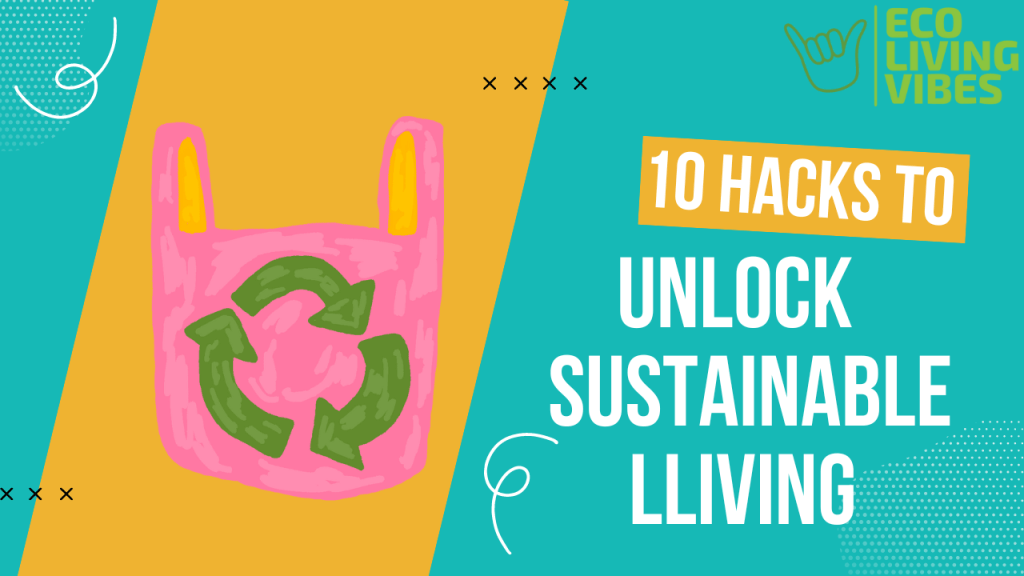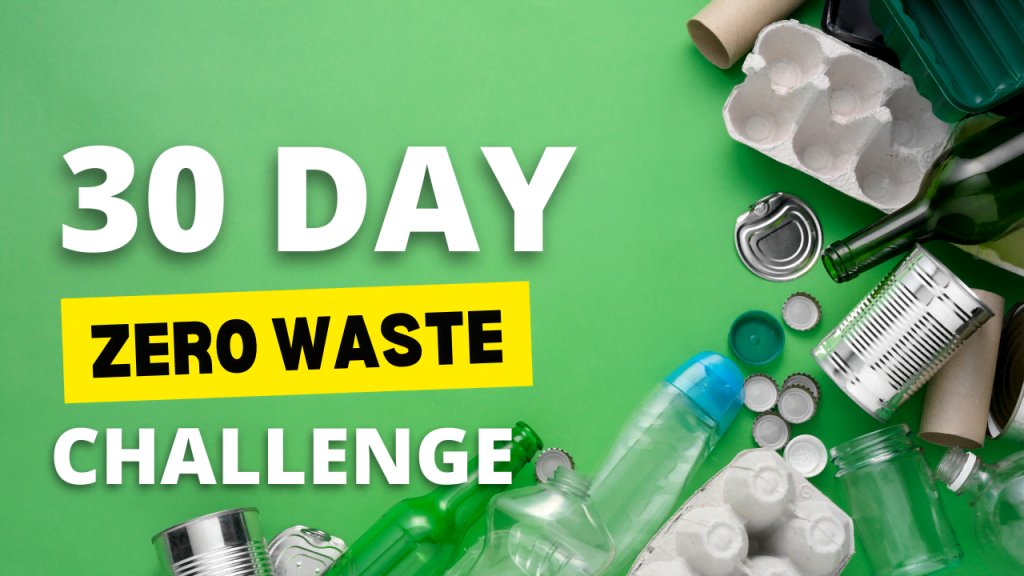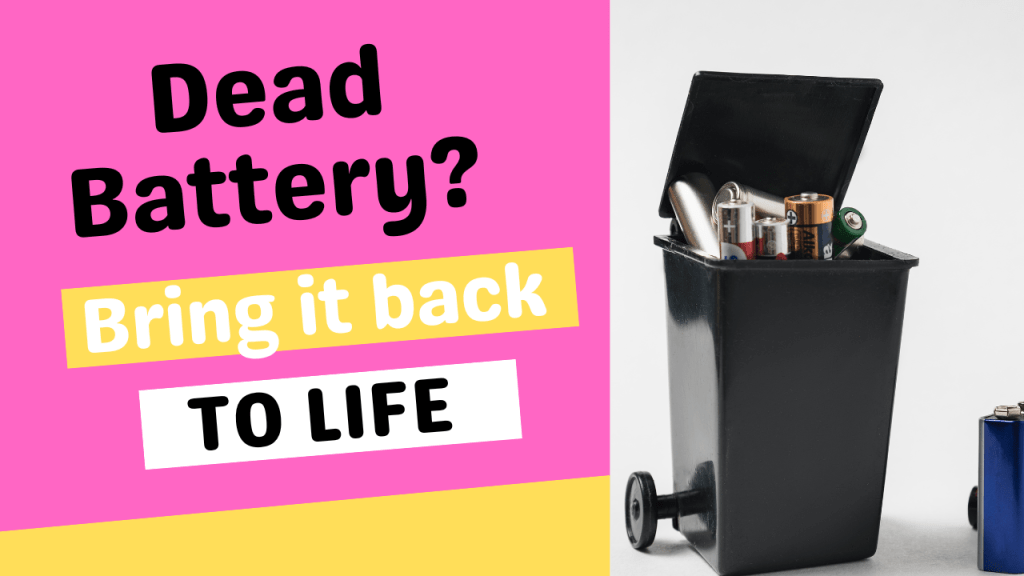International Day of Zero Waste stands as a testament to our collective dedication to environmental stewardship. It’s a day that beckons us to reflect on our consumption habits, rethink our approach to waste, and recommit ourselves to building a more sustainable future. Join us as we delve deeper into the significance of this global observance, explore the principles of zero waste living, and unveil practical strategies for reducing waste in our daily lives.
Understanding International Day of Zero Waste
International Day of Zero Waste serves as a rallying cry for individuals, communities, and nations to take meaningful action towards waste reduction and resource conservation. Originating from the grassroots zero waste movement, this annual observance has gained momentum over the years, drawing attention to the urgent need to rethink our relationship with waste and embrace sustainable practices.
Embracing Zero Waste Living: A Mindset Shift
At its core, zero waste living embodies a fundamental shift in mindset – from a linear “take-make-dispose” approach to a circular model that prioritizes resourcefulness, efficiency, and regeneration. It encourages us to minimize waste at its source, prioritize reuse and recycling, and strive for closed-loop systems where materials are kept in circulation for as long as possible. From adopting reusable alternatives to single-use plastics to composting organic waste, every small action contributes to a larger movement towards zero waste.
The Global Impact of Zero Waste
The impact of zero waste extends far beyond individual actions, rippling across communities, economies, and ecosystems. By reducing waste generation and diverting materials from landfills and incinerators, zero waste initiatives help conserve natural resources, mitigate pollution, and combat climate change. They also promote innovation, stimulate local economies, and foster a culture of environmental responsibility, laying the groundwork for a more sustainable and resilient future.
Engaging Classroom Activities for International Day of Zero Waste
Empower students with hands-on learning experiences that inspire environmental stewardship:
– Waste Audit: Engage students in a waste audit to assess the types and quantities of waste generated in their school or community. Analyze the findings to identify opportunities for waste reduction and recycling.
– Upcycling Workshop: Host a creative upcycling workshop where students repurpose discarded materials into new and useful items. Encourage them to unleash their creativity while learning about the value of resourcefulness and innovation.
– Community Clean-Up: Organize a community clean-up event to remove litter from local parks, beaches, or streets. Use the opportunity to raise awareness about the importance of waste reduction, recycling, and environmental conservation.
Recommended Resources for Educators
Access a wealth of resources to support zero waste education and engagement:
– Zero Waste Schools Toolkit: A comprehensive guide to implementing zero waste practices in educational settings, complete with lesson plans, activities, and case studies.
– Zero Waste Classroom Activities: Engaging and interactive activities designed to teach students about waste reduction, recycling, and sustainable living in a fun and informative way.
– Zero Waste Curriculum: Curated curriculum materials and resources for educators to integrate zero waste principles into various subject areas, fostering interdisciplinary learning and critical thinking skills.
Taking Action Beyond International Day of Zero Waste
While International Day of Zero Waste serves as a focal point for action, the journey towards zero waste extends far beyond a single day. Encourage students to continue their sustainability journey by incorporating zero waste practices into their daily routines and advocating for waste reduction initiatives in their schools and communities. Whether it’s advocating for composting programs, promoting reusable alternatives, or championing policy changes, every action counts in the collective effort to build a more sustainable and equitable world.
Conclusion
As we commemorate International Day of Zero Waste, let us reaffirm our commitment to a future where waste is minimized, resources are valued, and our planet thrives. By embracing the principles of zero waste living and empowering future generations with knowledge, skills, and action, we can pave the way towards a healthier, cleaner, and more sustainable world for all. Together, let’s zero in on our collective potential to create positive change and build a brighter future for generations to come.





